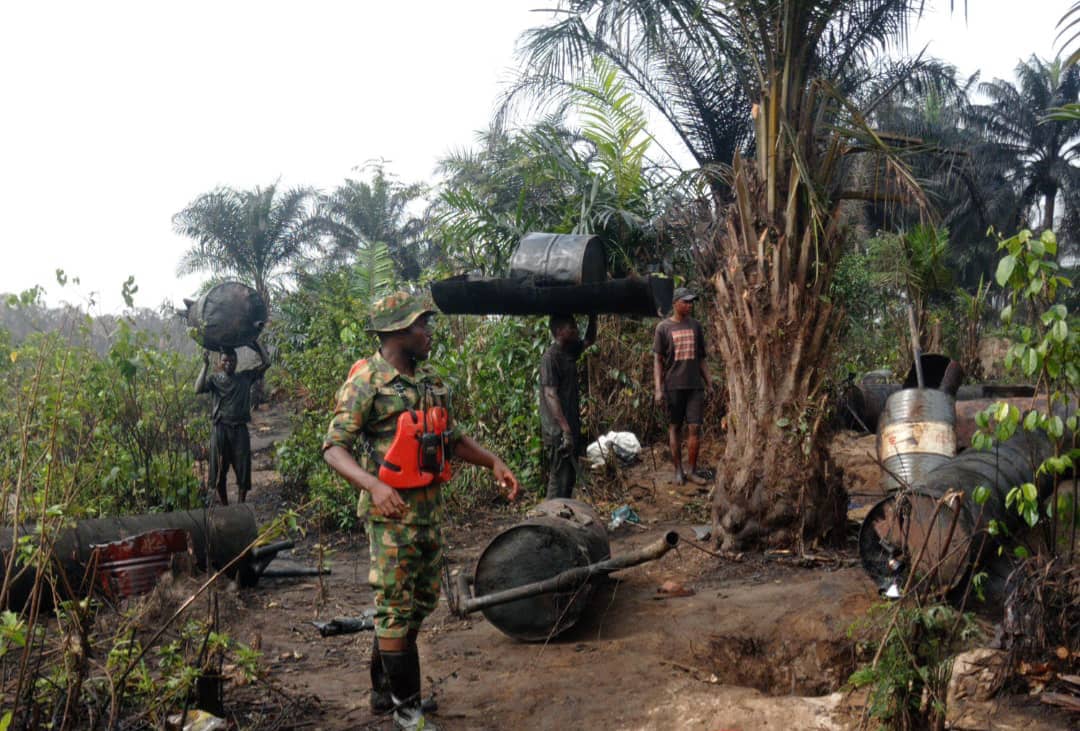A major legal confrontation has unfolded in Nigeria’s banking sector as General Hydrocarbons Limited challenges a court-ordered freeze on its assets following allegations of a $225.8 million debt owed to First Bank of Nigeria Limited and FBNQUEST Trustees Limited. The company has issued a stern warning to commercial banks against implementing the recent asset freeze order, citing an existing court judgment that prohibits such actions.
The conflict centers around a December 30, 2024, ex-parte order issued by Justice Deinde Dipeolu of the Federal High Court in Lagos State, which directed Nigerian banks to freeze General Hydrocarbons’ assets up to the claimed amount. However, through their counsel, Dr. A. I. Layonu SAN, General Hydrocarbons has revealed a potentially crucial legal contradiction.
The company points to an earlier judgment delivered on December 12, 2024, by Justice Allagoa of the Federal High Court, which explicitly restrained First Bank from taking any enforcement actions against General Hydrocarbons’ assets pending ongoing arbitration proceedings. This earlier ruling specifically prohibited the bank from making demands or enforcing security measures related to the company’s OML 120 operations.
General Hydrocarbons’ legal team has accused First Bank of deliberately omitting information about the December 12 judgment when seeking the subsequent freeze order. They characterize this as “a most blatant case of abuse of court process,” suggesting the bank attempted to circumvent existing legal restrictions by approaching a different judge.
The dispute highlights the complex nature of high-stakes financial litigation in Nigeria’s banking sector. The substantial sum involved – $225,802,379.69 – represents alleged outstanding debt from loan facilities granted through September 30, 2024. The case has broader implications for banking practices and legal precedent in handling major corporate debts.
Through their legal representation, General Hydrocarbons has taken a proactive stance, warning of “stringent legal redress” against First Bank and its directors for any losses or damages resulting from the attempted asset freeze. The company’s legal team has emphasized that they are actively working to bring the bank’s alleged contemptuous behavior to the court’s attention.
The situation presents a significant challenge for Nigerian commercial banks, who now find themselves caught between conflicting court orders. General Hydrocarbons’ notice to the banks effectively puts them on alert about potential legal consequences of complying with the more recent freeze order, given the existence of the prior restraining judgment.
This legal battle unfolds against the backdrop of Nigeria’s broader financial sector dynamics, where the handling of corporate debt and the enforcement of loan agreements remain crucial issues. The case raises important questions about the coordination between different court divisions and the potential for conflicting judicial orders to impact business operations.
The company’s legal team has advised affected parties to seek clarification from Justice Dipeolu regarding the propriety of the December 30 order, given its apparent conflict with the existing judgment. This suggestion highlights the need for judicial resolution of the competing orders to provide clear direction for all parties involved.
As this legal dispute continues to develop, it serves as a significant test case for how Nigeria’s judicial system handles complex financial disputes involving multiple court orders and substantial corporate debts. The outcome could have far-reaching implications for future cases involving bank loan enforcement and corporate asset protection.



